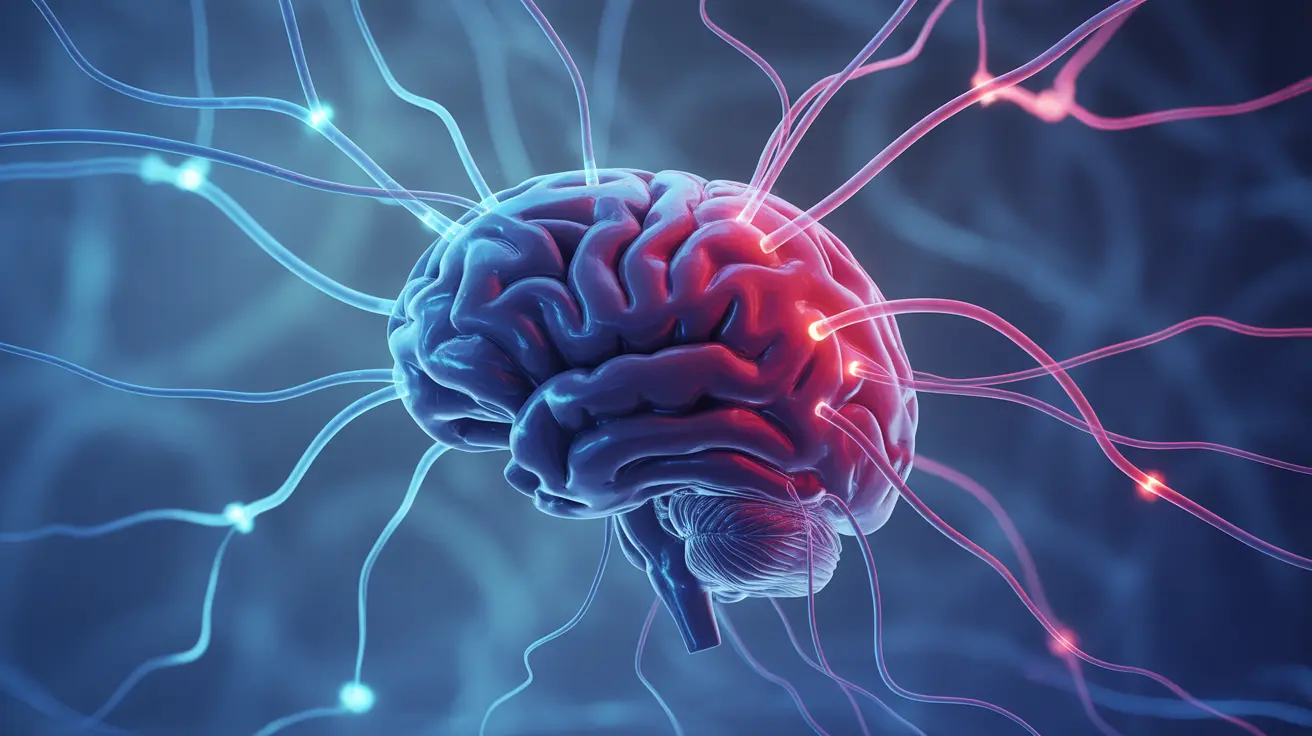Many people, particularly students and professionals seeking cognitive enhancement, wonder about Adderall's effects on memory and mental performance. While Adderall is a proven treatment for Attention Deficit Hyperactivity Disorder (ADHD), its impact on memory and cognitive function in individuals without ADHD is a complex and often misunderstood topic.
This article explores the relationship between Adderall and memory, examining its effects on both individuals with ADHD and those without the condition, while addressing important safety concerns and potential risks.
How Adderall Works in the Brain
Adderall functions as a central nervous system stimulant, primarily affecting neurotransmitters like dopamine and norepinephrine. These chemical messengers play crucial roles in attention, focus, and cognitive processing. Understanding this mechanism helps explain why the medication's effects can vary significantly between individuals with and without ADHD.
Effects on Memory in People with ADHD
For individuals diagnosed with ADHD, Adderall can significantly improve various aspects of cognitive function, including:
- Working memory capacity
- Information processing
- Attention span
- Task completion
- Learning ability
These improvements occur because Adderall helps normalize neurotransmitter levels that are typically irregular in ADHD brains.
Impact on Non-ADHD Individuals
Research shows that Adderall's effects on memory and cognition in people without ADHD are quite different from those with the condition. While some may experience temporary increases in energy and focus, studies indicate that the medication doesn't necessarily enhance memory or learning capabilities in healthy individuals.
Potential Memory-Related Risks
Taking Adderall without a medical need can lead to several concerning issues:
- Memory disruptions
- Sleep problems affecting cognitive function
- Potential development of dependency
- Cardiovascular strain
- Anxiety and mood changes
The Dangers of Non-Prescribed Use
Using Adderall without a prescription or medical necessity carries significant risks beyond memory-related concerns. These include physical health complications, psychological dependence, and potential legal consequences. The perceived benefits often don't outweigh these substantial risks.
Frequently Asked Questions
Does Adderall improve memory in people without ADHD?
Research suggests that Adderall does not significantly improve memory function in individuals without ADHD. While it may temporarily increase alertness and focus, studies have not shown meaningful improvements in memory performance for those without the condition.
How does Adderall affect working memory and attention in healthy individuals?
In healthy individuals, Adderall may provide a temporary boost in alertness and focus, but it doesn't necessarily enhance working memory or attention beyond normal capabilities. The effects are often perceived rather than actually improving cognitive performance.
What are the risks of using Adderall to boost academic performance if I don't have ADHD?
Using Adderall without ADHD for academic enhancement carries serious risks including addiction, cardiovascular problems, anxiety, sleep disorders, and potential legal consequences. The medication can also create a false sense of cognitive improvement while potentially harming long-term brain health.
Can taking Adderall without ADHD cause long-term memory or cognitive problems?
Yes, unauthorized Adderall use can lead to long-term cognitive issues, including memory problems, difficulty concentrating without the medication, and potential changes in brain chemistry. Regular misuse may also impact natural cognitive processes and mental health.
Why does Adderall help with memory in ADHD but not in healthy people?
Adderall helps with memory in ADHD by correcting neurotransmitter imbalances specific to the condition. In people without ADHD, these chemical systems are already functioning normally, so the medication doesn't provide the same beneficial effects and may actually disrupt optimal brain function.




